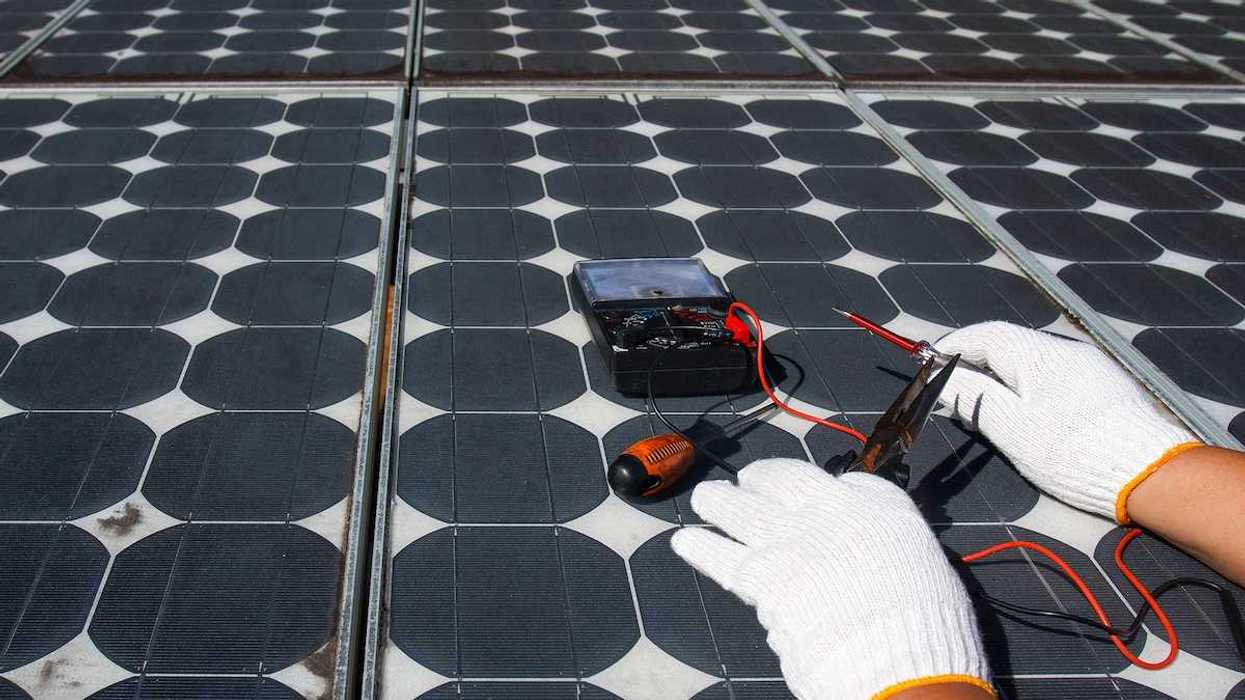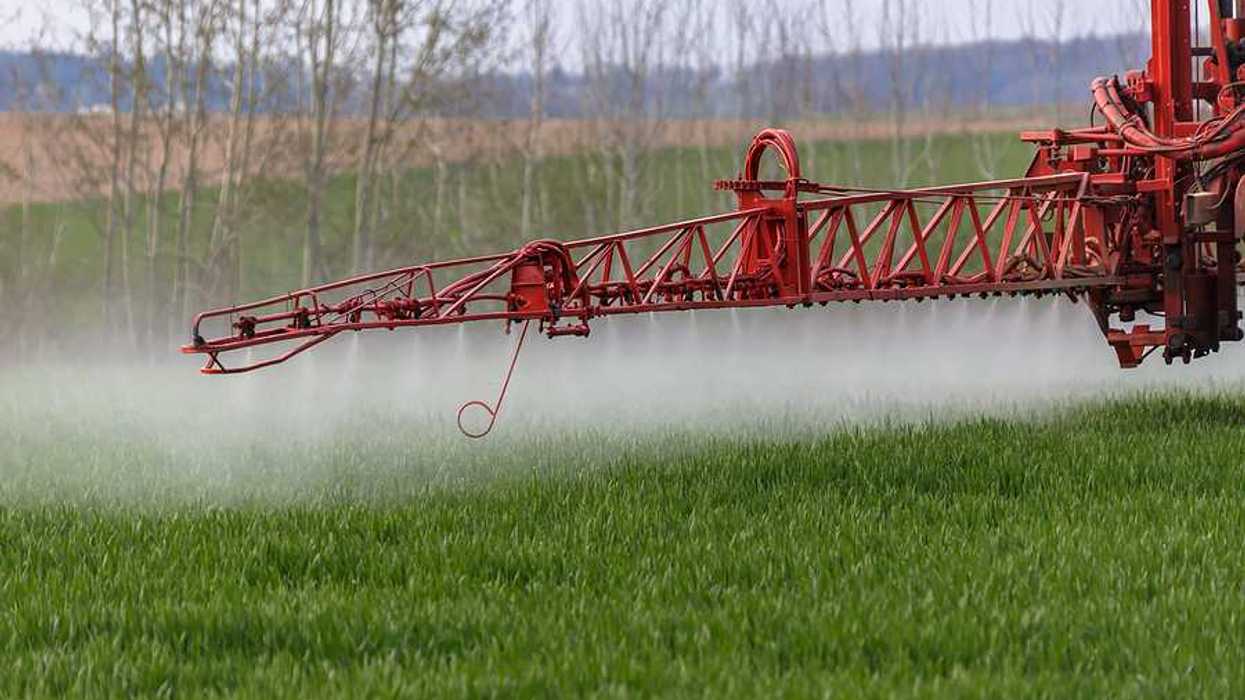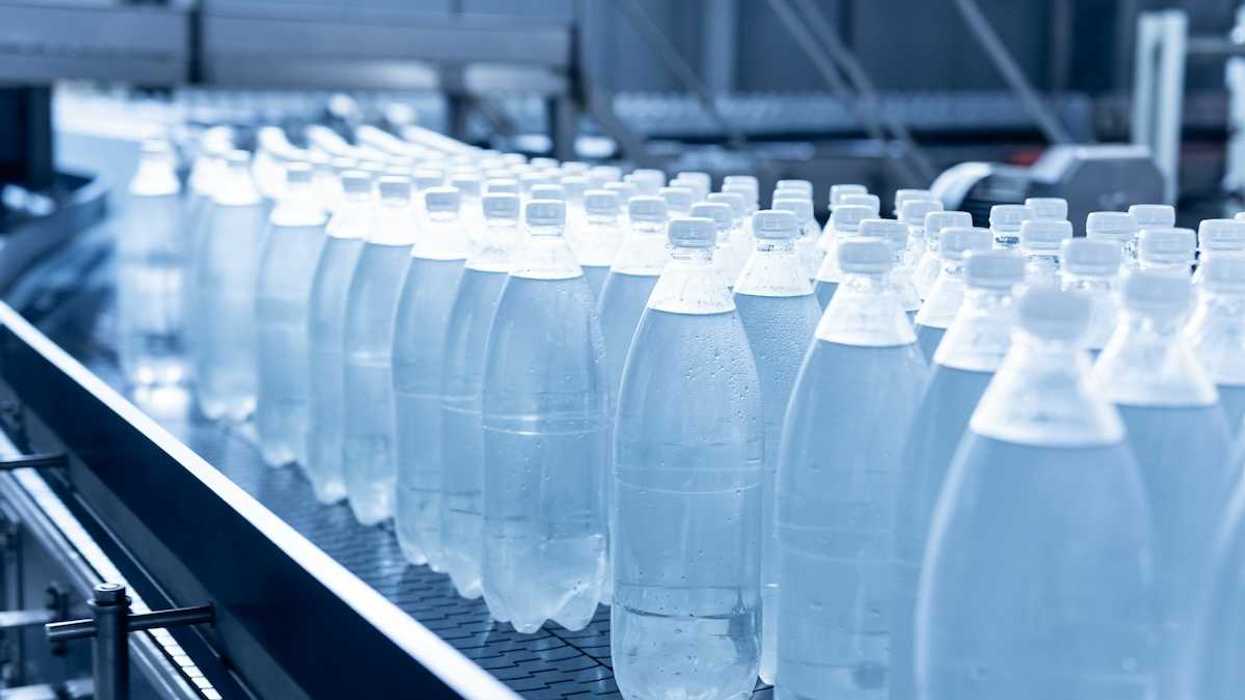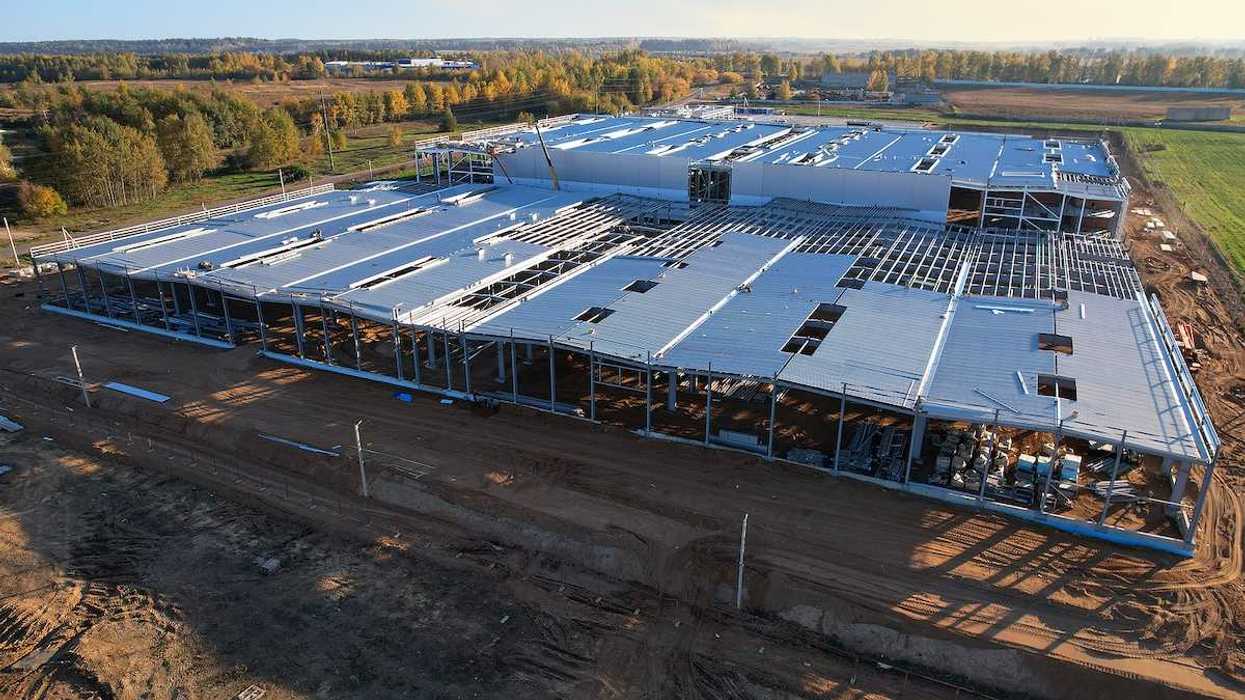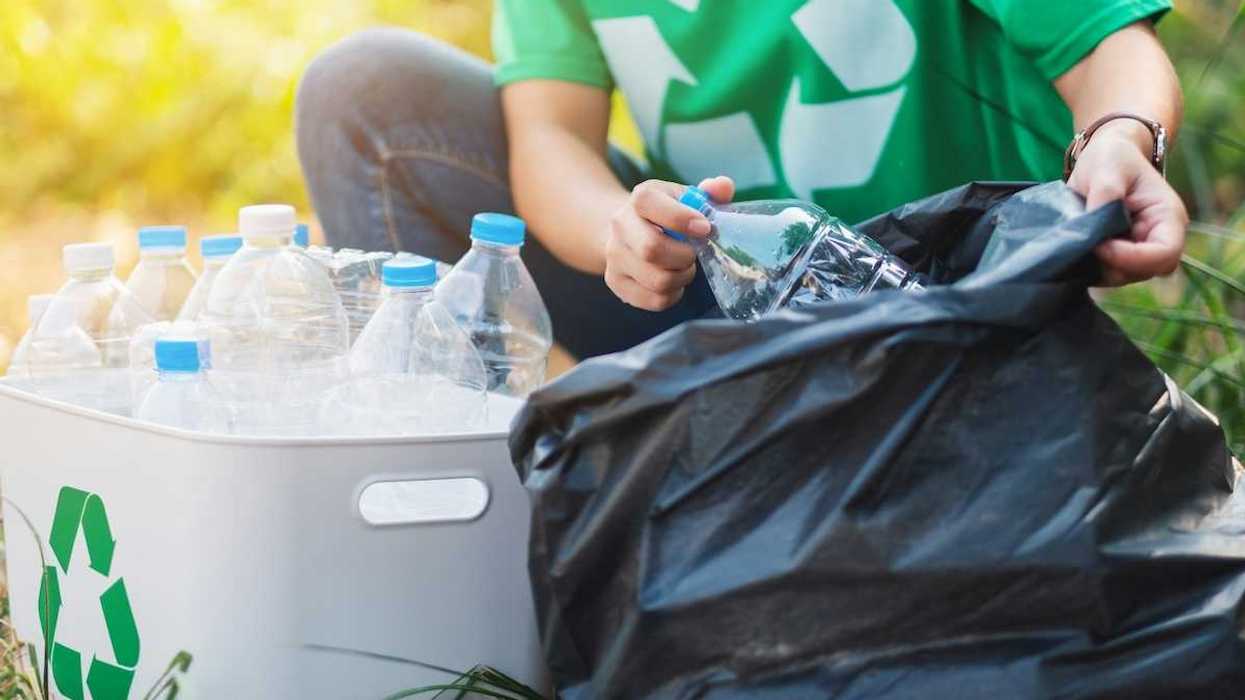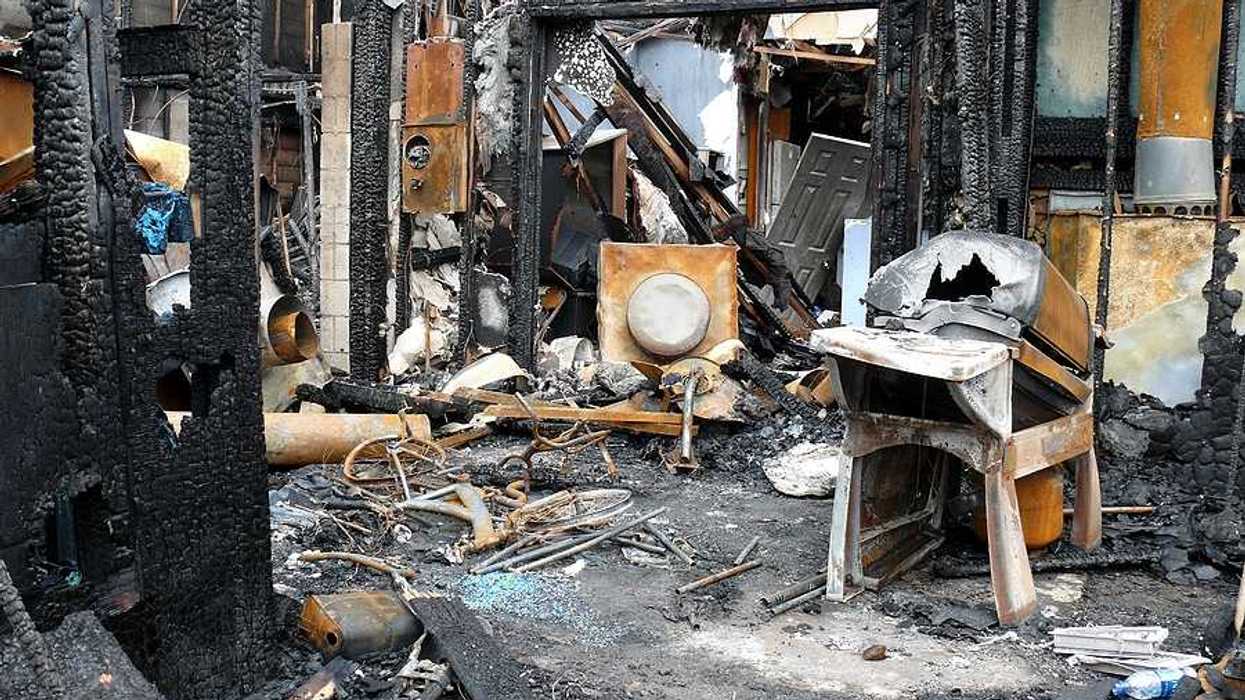In Maryland, discussions intensify over ending subsidies for trash incineration, with advocates urging action before a legislative deadline.
Aman Azhar reports for Inside Climate News.
In short:
- Maryland faces pressure to end public subsidies for trash incineration due to environmental and health concerns.
- Trash incinerators emit harmful pollutants, worsening air quality and health conditions like asthma in nearby communities.
- Legislation aims to remove trash incineration from the state's renewable energy credit system, with advocates hoping for gubernatorial support.
Key quote:
“... once I learned that I was funding this pollution through my utility bills, I became extremely upset because it felt I was paying for my demise.”
— Shanae Thomas, community activist and resident
Why this matters:
When garbage is burned, it doesn't simply disappear. Instead, the process transforms solid waste materials into gas and ash. This transformation releases various pollutants into the air, including carbon monoxide, nitrogen oxides, sulfur dioxide, particulate matter and even forever chemicals such as PFAS.


